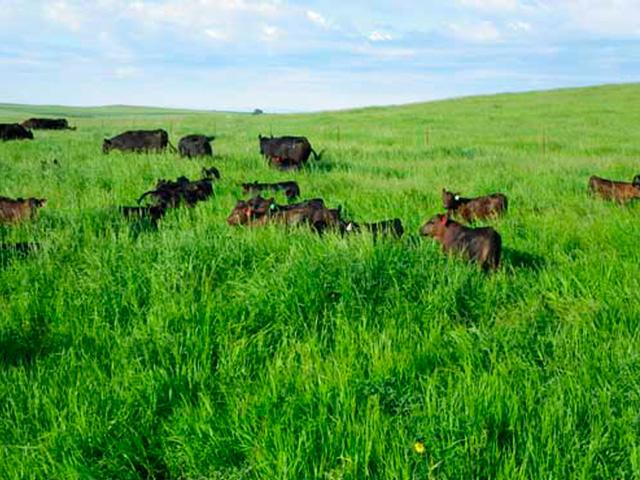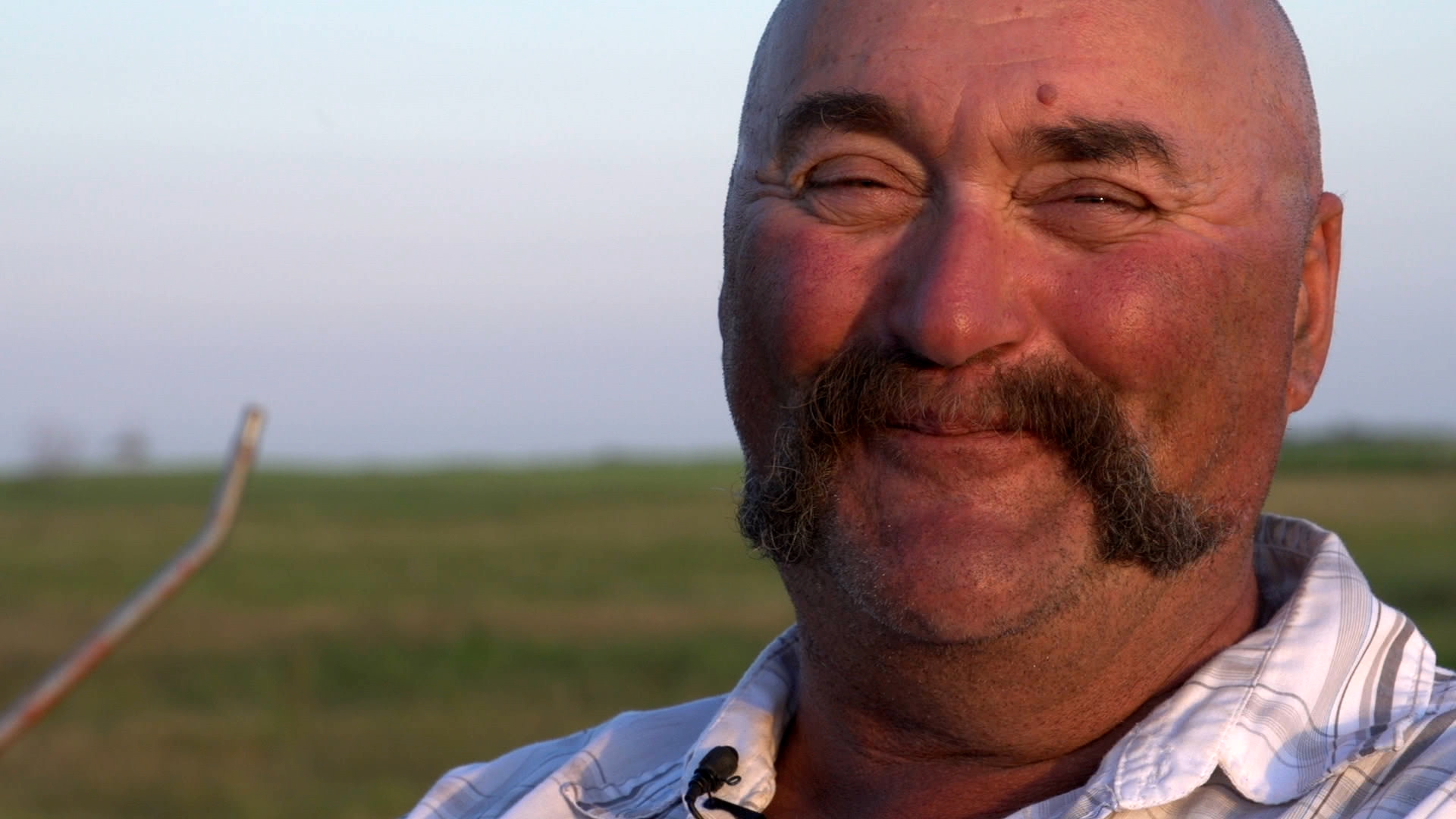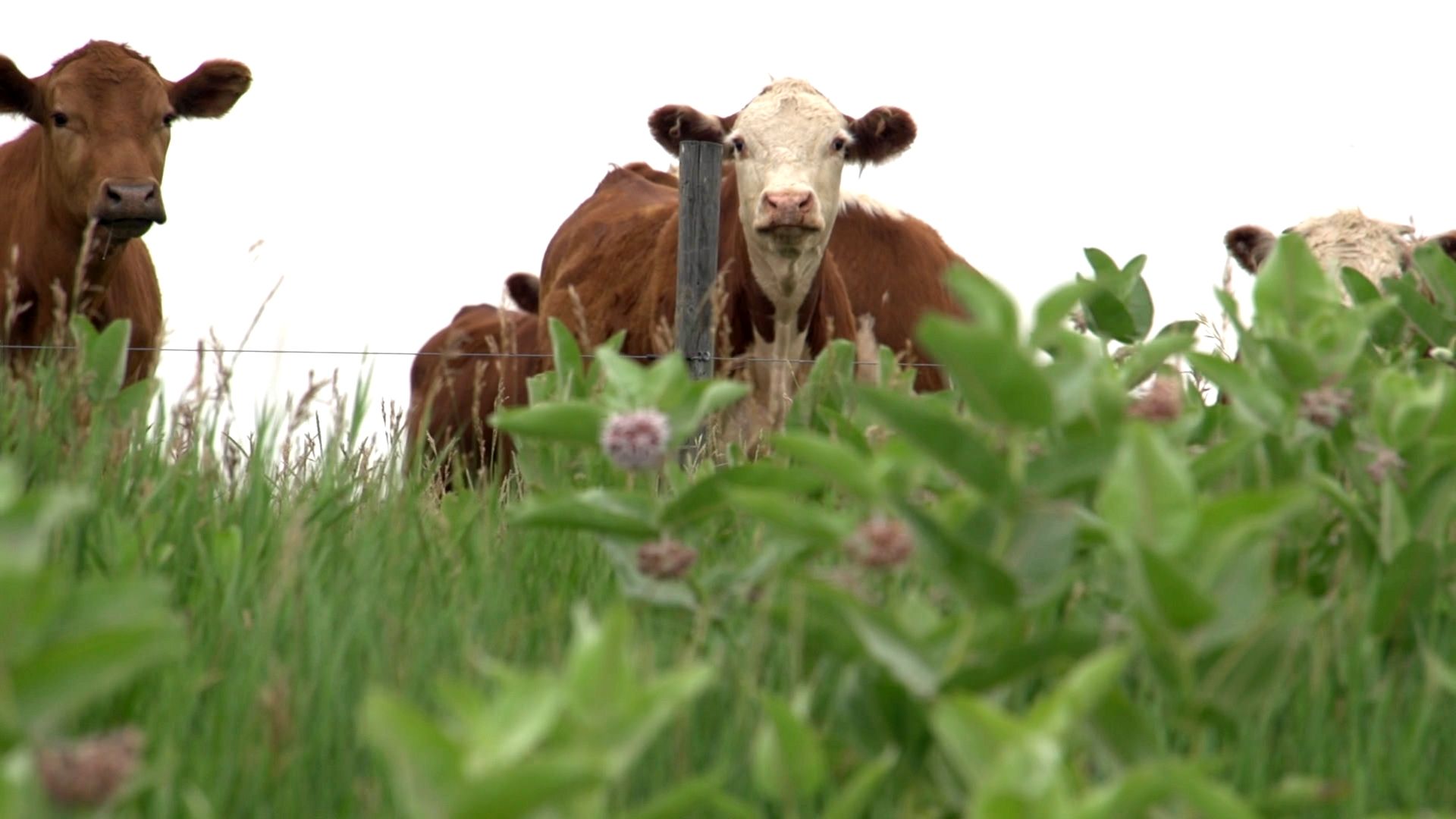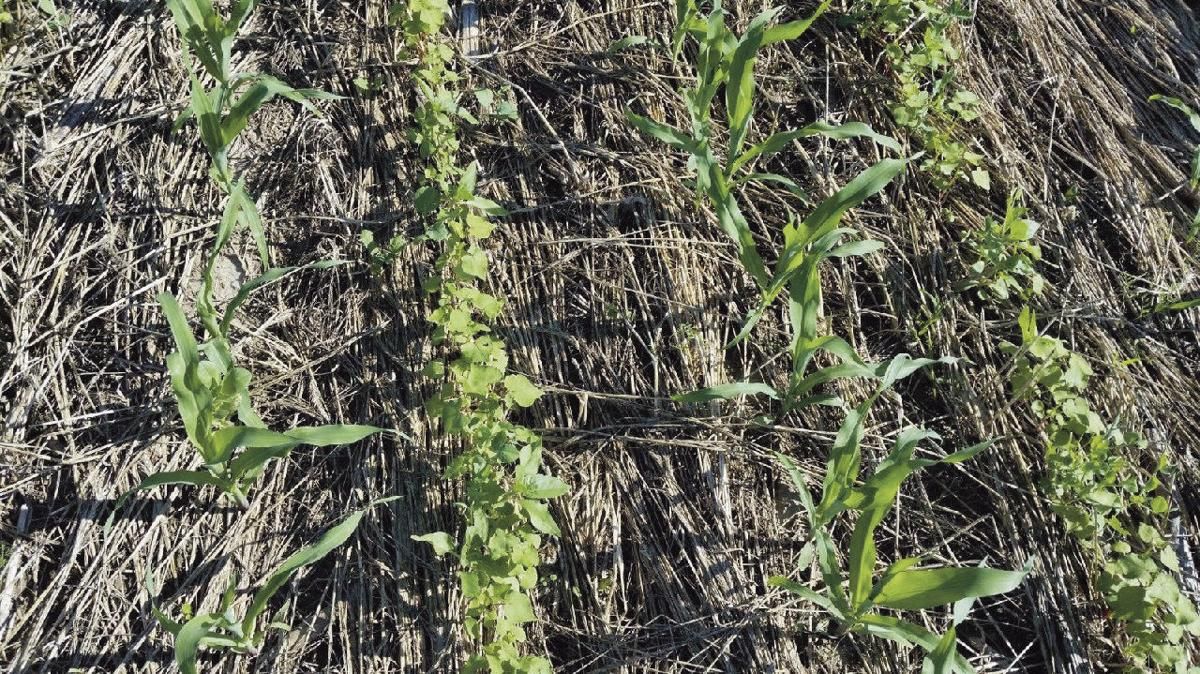ASU's Peter Byck brings scientists, farmers together to discuss regenerative grazing in new documentary
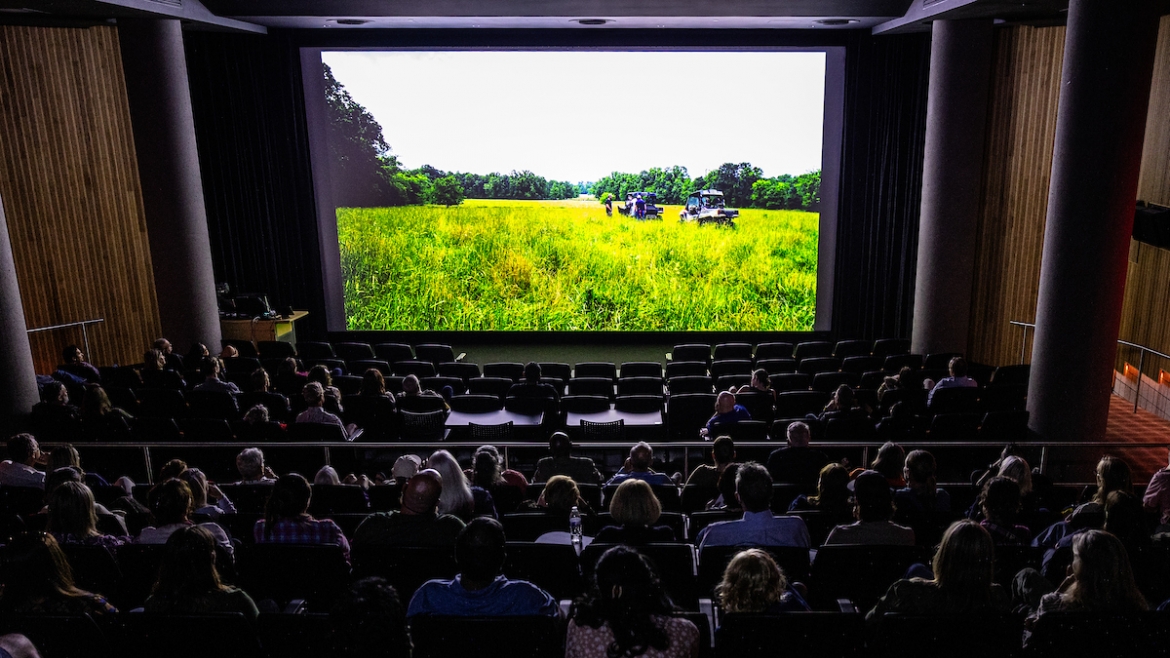
Peter Byck has managed to do the seemingly impossible.
In a world where opinions about climate change can sometimes be polarizing, the Arizona State University professor of practice has produced a film that features farmers and scientists, with different viewpoints, discussing the carbon footprint of both conventional and regenerative cattle grazing.
(Spoiler alert: Studies show that regenerative grazing pulls down up to four times more carbon from the atmosphere than conventional grazing.)
The Arizona premiere of “Roots So Deep (You Can See the Devil Down There)” took place Thursday at the Marston Exploration Theater in ASU’s Interdisciplinary Science and Technology Building IV to a full audience and included a Q&A with Byck after the screening.
- Created on .
